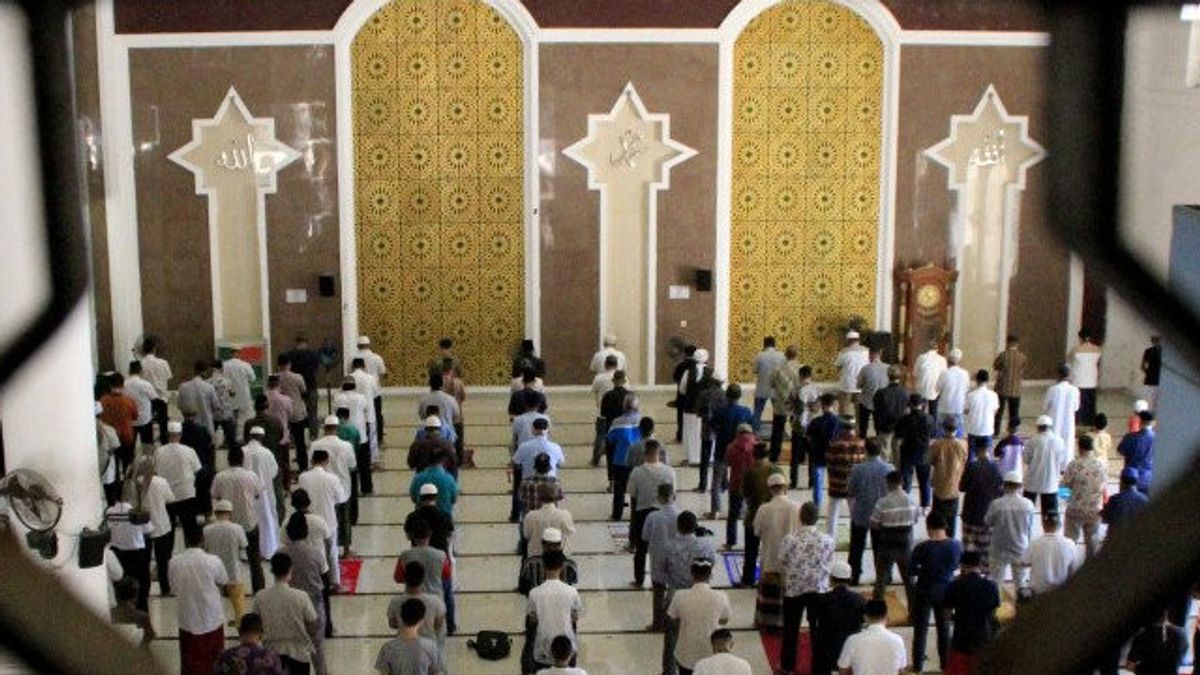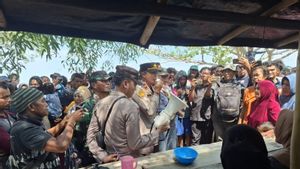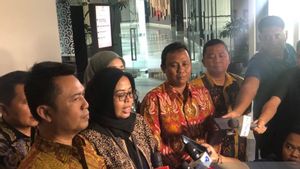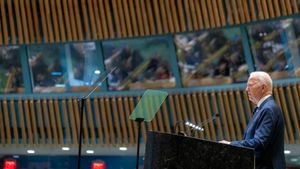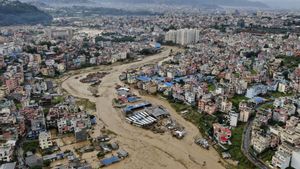JAKARTA - Academician at the State Islamic University (UIN) Syarif Hidayatullah Jakarta Syahrullah Iskandar assessed that he should not use the religious pulpit as a medium for the policy of ethnicity, religion, race, and intergroup (SARA).
"This is important so that the religious pulpit is not used as a fulfillment of the dignity of power politics," said Syahrullah in his statement quoted by ANTARA, Friday, February 24.
He considered making the mosque a medium for adjoining political support in a form variant, which should not be tolerated because it will cause social disintegration.
Therefore, according to him, let the house of worship be used according to its function, namely as the glue of the community.
The lecturer at the Faculty of UNTU, UIN Jakarta, assessed that the justification of using the pulpit of the mosque as a means of political accompaniment as functioned by the mosque during the time of the Prophet SAW was correct.
"However, the current social situation is quite different, the pulpit of religion is often used as a means of politics only for the sake of power and world interests," he said.
Syahrullah explained that when people worship, it must be oriented to the afterlife and the content of the sermon should remind and motivate for good, not create disputes and discomfort.
The caretaker of the Pascatahfizh Bayt Islamic Boarding School in the Qur'an an PSQ Jakarta explained that actually politics that puts forward their respective identities and makes them a reference in political contestation is a natural thing.
"But if it is more about making ethnic identity, race, religion, and the like the basic reference in political choice, then identity politics has the potential to polarize society," he said.
He considered that the negative thing that could be caused was the potential for SARA-based conflicts, which in the end could make people polarized based on these identities which could lead to social disintegration.
Syahrullah also answered accusations of secularism by groups that were against the issue of rejection of identity politics at the 2024 election contestation.
In that context, according to him, there is no separation of religion from political issues, because politics must also prioritize morality and a vision of togetherness and unity.
"If you want to be firm, it is identity politics that actually keeps the values of togetherness and unity away in the context of the state," he said.
Deputy Secretary General of the Darud Dawah wal-Irsyad (DDI) Executive Board assesses that politics is part of the state itself, and religion is always in it but it doesn't have to be in its formal form.
According to him, all strive to win, but must remain in the corridor of obeying the common rules, and in the context of a pluralistic society, the political process is a necessity.
Political is a means to achieve the benefit of the nation and state. Because the goal is noble, the method used must be good," he said.
He assessed that to avoid houses of worship being used as a political stage, intense socialization is needed for house of worship administrators, and preachers must also prioritize the benefit of the people.
"The manager of houses of worship must be selective and remind the speaker, the resource person on duty to avoid the description or exposure that leads to certain political choices, both straightforwardly and covertly," he said.
In addition, Syahrullah considered the need for the involvement of religious leaders, community leaders and all social organizations to create a conducive atmosphere. According to him, the public must be given education about their respective social roles in the 2024 election contestation.
The English, Chinese, Japanese, Arabic, and French versions are automatically generated by the AI. So there may still be inaccuracies in translating, please always see Indonesian as our main language. (system supported by DigitalSiber.id)
